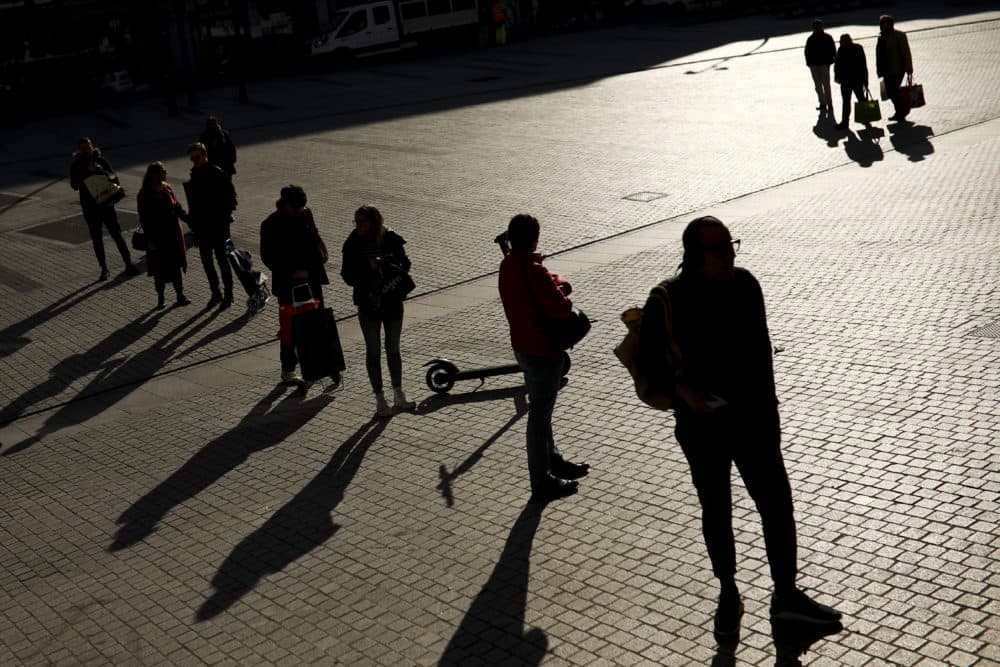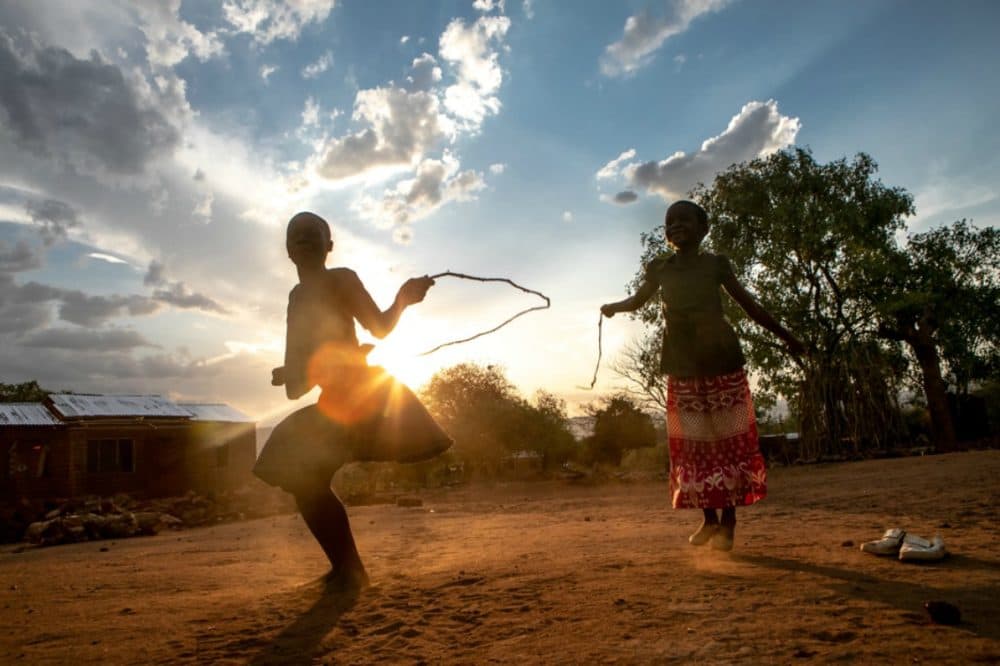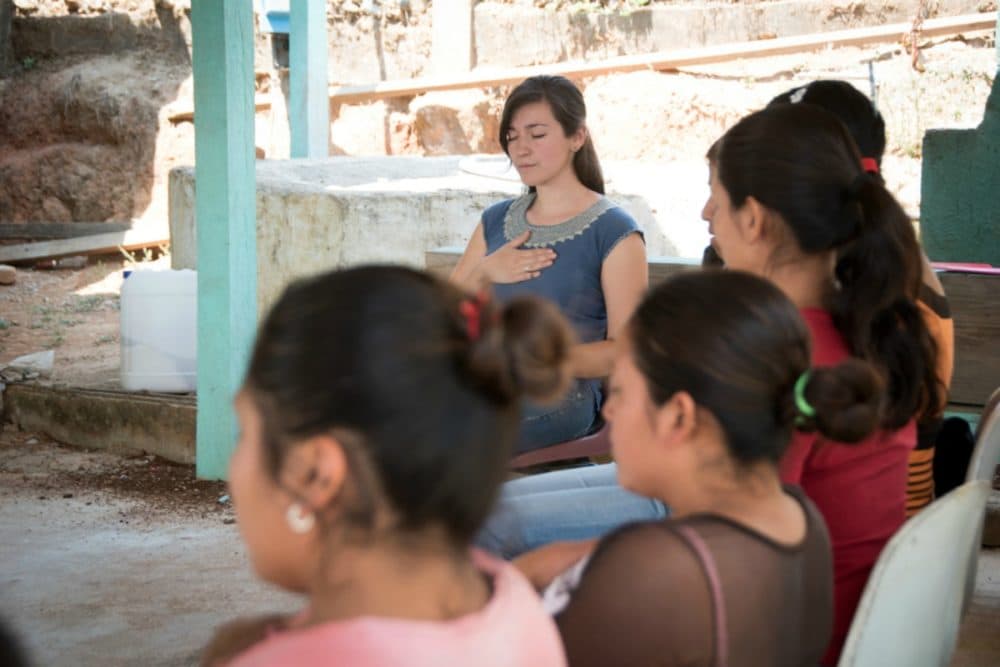Advertisement
Commentary
10 Ways To Manage The Emotional Challenges Of Social Distancing

Editors' note: This piece was first published by Partners In Health, and has been reposted here with the author's permission. It was originally published with the headline, "10 Mental Health Tips To Manage Coronavirus Social Distancing."
Cholera. Ebola. COVID-19. These are infectious diseases that strike fear in our hearts. They are also diseases that, when they arrive in particularly vulnerable communities, can devastate entire nations.
Where I work at Partners In Health, we call these “acute on chronic” situations; natural or man-made emergencies that land particularly crushing blows on already weak public health systems.
COVID-19 promises to be another acute on chronic situation, especially in places like Haiti, Liberia and Malawi. People in those places already struggle to access basic health care services, including vaccinations, safe deliveries and treatment for diabetes. Ventilators and ICU beds are few and far between, and any advice to practice social distancing feels naïve when extended families live together in compounds of more than 10 people.
Meanwhile, in the United States, we enter this new and unprecedented phase of the pandemic. We are suddenly living with acute on chronic uncertainty. We are inundated with guidelines about how to keep ourselves and our families healthy and virus-free.
Yet a key item on the list — social distancing — poses unprecedented challenges to our mental and emotional well being, and requires consideration. The risk may be especially high for our children, who are suddenly cut off from school and friends.
How do we as individuals and parents cope without driving ourselves and each other crazy?

It’s a question that mental health professionals such as myself are being asked multiple times a day and that urgently needs addressing. This introduction and list was written with the help of people with whom I work, trying to gain steady emotional footing our strange new scenario.
1. Social distancing does not mean emotional distancing; use technology to connect widely.
2. Clear routines and schedule, seven days a week, at home — don’t go overboard.
3. Exercise and physical activity, daily if possible.
4. Learning and intellectual engagement — books, reading, limited internet.
5. Positive family time — working to counter negativity.
6. Alone time, outside if possible, but inside too; but remember, don’t isolate.
7. Focused meditation and relaxation.
8. Remember the things that you really enjoy doing, that you can do in this situation, and find a way to do them.
9. Limit exposure to TV and internet news; choose small windows and then find ways to cleanse yourself of it.
10. Bathe daily, if possible, to reinforce the feeling of cleanliness.
Social distancing won’t last forever. Try to live in the moment, caring more about today than three days from now, or next month. And if you are having obsessive or compulsive thoughts related to the virus — or the broader uncertainty — wash your hands once, and then remind yourself that anxiety is normal in this scenario.
The COVID-19 pandemic will touch us all, in one way or another, but these basic practices will help us all move through challenging times. Should anything positive come from this tragic situation, it’s that we will all understand our interconnectivity, the importance of being present for those we love, and the necessity of caring for the most vulnerable in our communities — wherever that may be.

Dr. Giuseppe (Bepi) Raviola, MD, MPH, is the director of mental health at Partners In Health. He is also an assistant professor of psychiatry, global health and social medicine at Massachusetts General Hospital and Harvard Medical School.